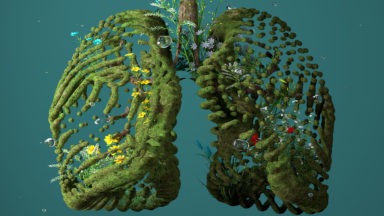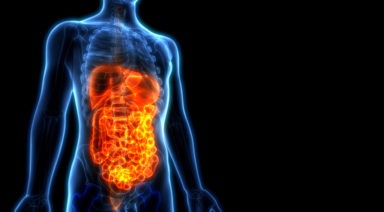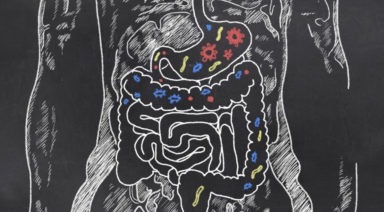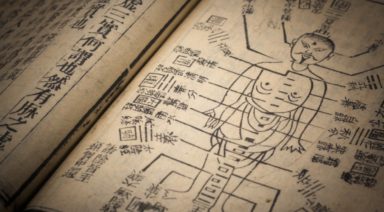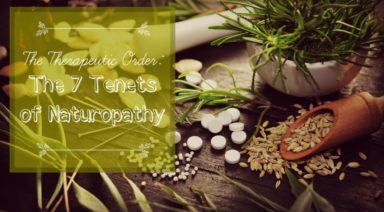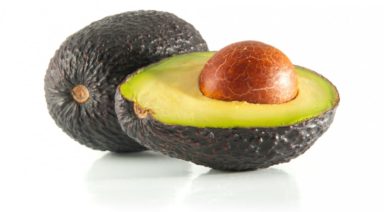Music Found to Significantly Reduce Pain, Anxiety in Postop Heart Surgeries

Given that heart disease is the leading cause of death in the world, prevention and treatment have never been more important. While conventional cardiology relies heavily on pharmaceuticals in the management of cardiac conditions, music has been shown to have remarkable benefits without any side effects—music as medicine.
Ancient cultures understood the healing benefits of music and integrated it into their promotion of health and healing of disease. But this practice was mostly lost in the rise of western medicine. Today, that connection is gradually being restored as a new wave of research is being done on the healing benefits of music on the heart.
One such recent study found that listening to music is linked to a significant reduction in anxiety and pain after major heart surgery. The researchers concluded that clinicians should consider music for patients scheduled for surgery as it has none of the risks or side effects, and many of the benefits of the drugs most commonly used to aid in post-surgery recovery.
Watch more:
10 Ways to Improve Brain Health and Function

The human body is a fascinating machine – with its efficiency surpassed only by its complexity. However, the most incredible piece of equipment is the part that rules it all – the human brain. With over 100 billion neurons that connect and join together to create over 1,000 trillion synapses, the human brain contains more neural connections than there are stars in the galaxy.
Unfortunately, your brain doesn’t come with an owner’s manual. While everyone is different, scientists estimate that most people are only using about 10 percent of their brain’s total capacity. With such a powerful tool constantly at our disposal – it’s easy to forget just how delicate our brains can be.
So let’s look at some ways that you can take care of your brain and get the most out of this elite piece of machinery.
TOP FOODS FOR BOOSTING BRAIN HEALTH
While the health concerns of a poor diet are far ranging – multiple studies have found that poor nutritional habits lead to a decline in cognitive behavior and an increased risk for dementia.
By working the following foods into your diet, you’ll increase your chances of maintaining healthy brain function well into old age.
Turmeric
In India, where turmeric is a frequent ingredient, population studies have revealed a lower proclivity to Alzheimer’s. While turmeric probably isn’t the only reason, it has been shown to activate genes that help to reduce inflammation that weakens and destroys brain cells. Try adding a teaspoon daily.
Coffee
More than just a morning survival necessity, coffee can improve your brain’s ability to learn by nearly 10 percent and can even relieve headaches and migraines by constricting blood vessels in the brain that are opening too wide. On top of this, caffeine suppresses a neurotransmitter called adenosine, which influences attention, alertness, and sleep. By blocking adenosine, other brain chemicals like glutamate and dopamine are stimulated and flow more freely – giving you a surge of energy, improved mental performance and overall slowing the effects of aging on your brain.
Wild Salmon
Your brain is 60 percent fat – most of which is the omega-3 fatty acid DHA. Eating wild salmon, also rich in omega-3 fatty acids, has been proven to boost learning capabilities and academic performance in children as well as ward of depression and hostility in young adults and cognitive dementia in the elderly.
Nuts
Not all nuts are created equally – but most are pretty darn amazing for your brain. Walnuts are rated the top for your brain health as they have a significantly high concentration of DHA. Almonds and hazelnuts are also a great source for Vitamin E, which has been linked to less age-related cognitive decline. While fewer studies have been done surrounding peanuts, they are extremely high in niacin – which multiple reports have linked deficiencies with a higher incidence of Alzheimer’s and dementia.












